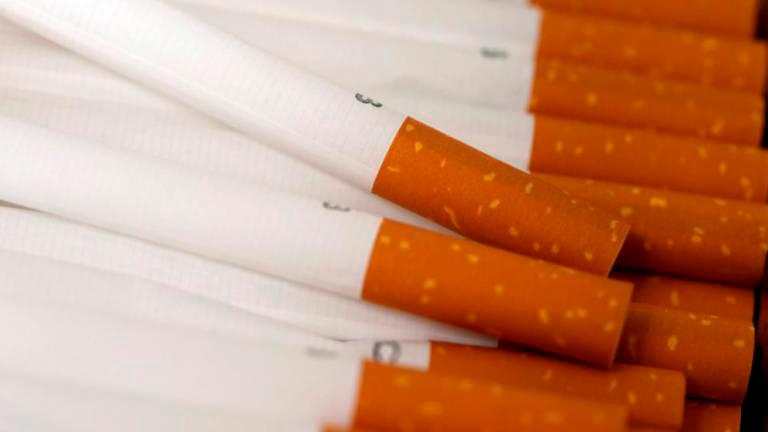MELBOURNE: Australia is learning the hard way that stringent enforcement alone cannot stop the growing number of smokers turning to the tobacco black market, said the Retail and Trade Brand Advocacy (RTBA) today.
The comments from RTBA, an international non-government organisation that aims to safeguard supply chains and brands from criminal conduct, came following a report by the Australian Parliamentary Joint Committee on Law Enforcement on Illicit Tobacco Market.
The committee acknowledged that Australia’s approach to tobacco control, which focuses on price-based policies, has been counter-productive as there are now a growing number of people turning to illegal products as cheaper alternatives to legal cigarettes.
An explanatory memorandum to the 2018 legislative amendment stated that higher excise and excise equivalent customs duty rates for tobacco following the 2016-17 and 2017-18 Budget measures have significantly increased the risk of illicit tobacco being produced in or imported into Australia. The tobacco black market in Australia has grown exponentially for the past few years. In 2018-2019, a total of 633 tonnes of illicit tobacco were seized, an all-time high.
Also in the Report, enforcement agencies like the Police Federation of Australia agreed that the high excise rates on tobacco products drive the demand for cheaper alternatives. Therefore, opportunistic entrepreneurs, in this case, criminal organisations, will be incentivised to engage in this high-profit margin business.
Health Michael, Managing Director of RTBA, said: “This Joint Committee Report offers the Malaysian government strategic insights into tackling the tobacco black market, whereby Malaysia is currently leading the world with illegal cigarettes that take up 64.5% of the total market.
“The Malaysian government has made the necessary step in curbing the tobacco black market problem with several enforcement based initiatives announced in Budget 2021. These efforts, including the clampdown on transhipment abuse, indicates a resolve to take action.
“However, RTBA is convinced that these measures would not be enough to bring down illegal cigarettes incidences in a meaningful manner.
“Criminal syndicates are very clever at circumventing enforcement efforts. If there is a will, there is a way. We foresee that these criminals will quickly move to another channel to smuggle cigarettes into Malaysia and re-exporting them to other countries.
“In order to really make a dent in stopping the tobacco black market, RTBA recommends removing the will of these syndicates to operate. This can only be achieved by closing the price gap between legal and illegal products, which can reach as wide as a factor of 3 to 4 in Malaysia,” Heath added.
He also said that there are many ways to address the illegal versus legal price gap, including strategies like introducing products at prices targetting black market consumers, which have worked in some countries.
“In order to arrive at an optimum solution that addresses the supply and demand aspects of the tobacco black market, rationale and innovative thinking are required. Ultimately, all Malaysians want to achieve the goals of the national health agenda and be safeguarded from the negative impact of illegal cigarettes trade,” Heath concluded.














